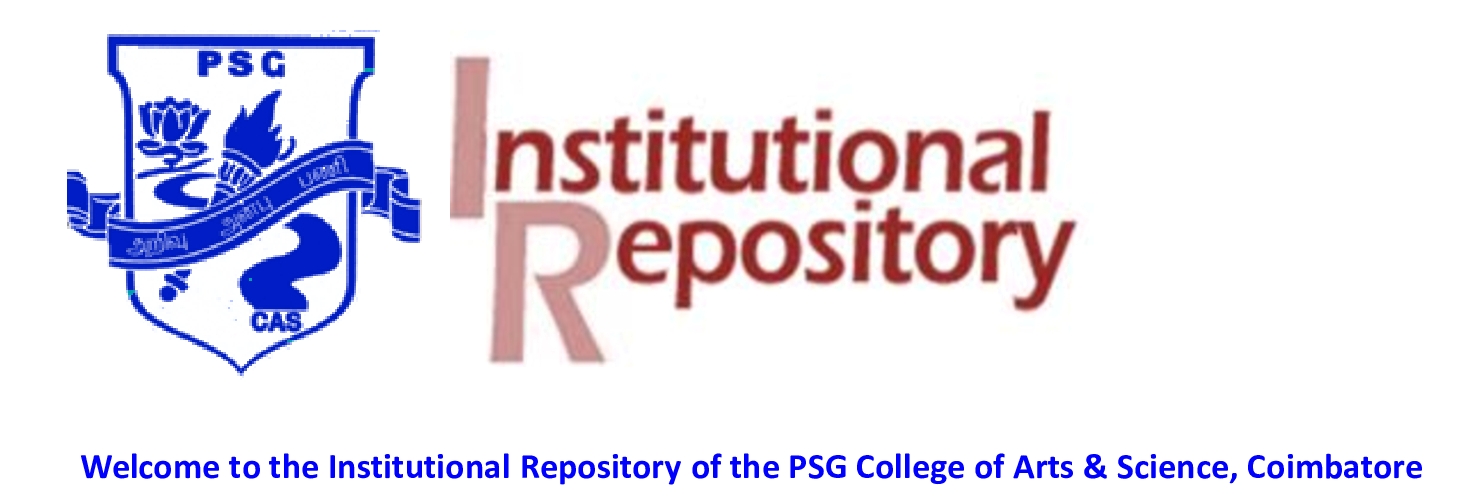ANANDHI, D and SHEEBA, E (2020) “ECSR” IN TEXTILE INDUSTRIES - WITH SPECIAL REFERENCE TO COIMBATORE. International Journal of Creative Research Thoughts, 8 (12): IJCRT20121. ISSN 2320-2882
IJCRT2012144.pdf - Published Version
Download (736kB)
Abstract
Corporate social responsibility (CSR) is a concept whereby companies integrate social and
environmental concerns into their business operations and in their interaction with their stakeholders on a
voluntary basis. Especially, manufacturing firms (paper) in developing countries such as India the
world’s 'manufacturing floors' – are under heavy scrutiny from many parties. ECSR is a concept where
companies integrate environmental concerns in their business operations and the interaction with
stakeholders, without compromising economic performance. Environmental Management Systems
(EMS) can be designed to have various degrees of inclusion of all environmental aspects of an
organization. In their simplest form, they may be nothing more than a system of organizing and
disseminating information surrounding regulatory permits. Such a system may more correctly be called
an Environmental Management System and although it’s critical to a planning process that you have
accurate information, an EMS goes beyond this task, a true EMS includes evaluating and managing all
potential environmental ramifications of an organization. Studies exploring this concept were limited
within the area of corporate governance with organizational level unit of analysis, while the impact of
ECSR initiatives on EMS is lacking. Thus the researcher decided to study on ECSR and EMS with
reference to textile industries in Coimbatore.
| Item Type: | Article |
|---|---|
| Uncontrolled Keywords: | CSR (Corporate Social Responsibility) ECSR (Environmental Corporate Social Responsibility, EMS (Environmental Management system) |
| Divisions: | PSG College of Arts and Science > Department of Computer Science |
| Depositing User: | Dr. B Sivakumar |
| Date Deposited: | 18 Jan 2023 08:56 |
| Last Modified: | 18 Jan 2023 08:56 |
| URI: | https://ir.psgcas.ac.in/id/eprint/1728 |

